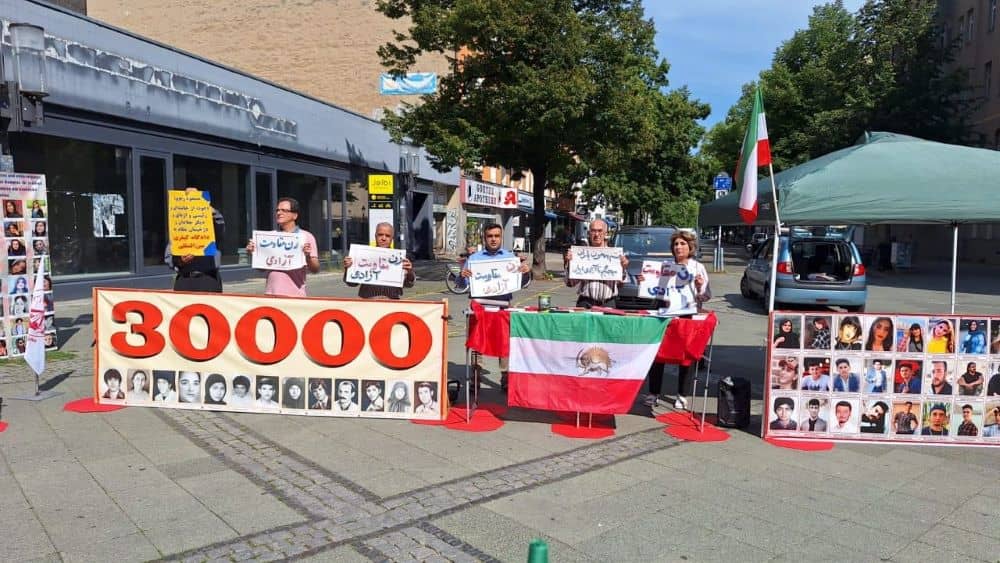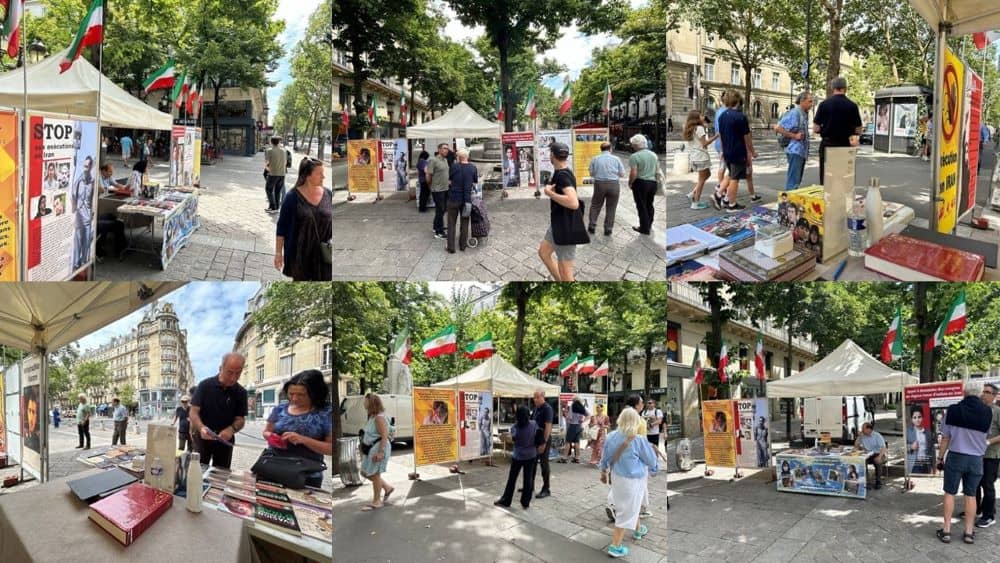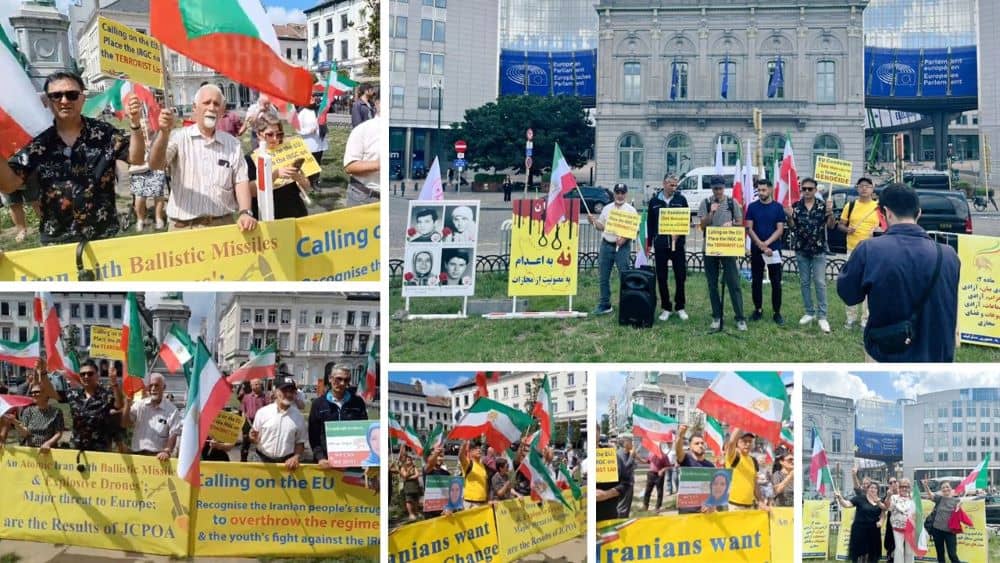
On August 21st, an international conference convened at the premises of the National Council of Resistance of Iran (NCRI), located near Paris. The primary agenda of the conference centered on the tragic events of the summer of 1988 in Iran, specifically the mass killing of political detainees. Distinguished speakers, including Rt. Hon. David Jones, Member of Parliament and former UK Secretary of State for Wales, addressed the attendees.
Notably, Mr. Jones underscored the profound ideological disparities between the People’s Mojahedin Organization of Iran (PMOI) and the regime in Tehran, which has fostered a vehement animosity from the latter towards the former.
In his speech, Mr. Jones eloquently illuminated the deeply ingrained antipathy that the regime harbors against the PMOI. He also accentuated the collective responsibility of the global community to resolutely condemn the heinous acts committed by the regime’s authorities. Furthermore, he stressed the importance of providing steadfast support to the Iranian people in their quest for justice.
Excerpts of Mr. Jones’s speech follow:
Madam Rajavi, friends, colleagues, it’s a huge privilege and a pleasure to be here today amongst so many distinguished jurists.
We meet in the month of August, a month that every year presents a chilling reminder of what was arguably the most heinous crime of the many crimes that have been committed by the regime of Tehran.
It was a crime against humanity, a crime of genocide that, as we have just seen in the exhibition hall, took the lives of 30,000 Iranian political prisoners over a period of a few weeks in 1988. Most of those murdered were members of the People’s Mujahedin Organization of Iran, the PMOI.
And it must be a matter of the most profound regret that 35 years later that crime remains unpunished. And it’s a matter, I suggest, of equal regret that international organizations such as the United Nations, the European Union, and leading Western nations such as the United Kingdom and the United States have failed to take proper action against the perpetrators.
The regime in Tehran has the most profound pathological hatred of the PMOI. And to understand that hatred, we need to delve into the essential differences between those two entities. The PMOI, many of whose leaders were imprisoned under the Shah, emerged as a progressive, dedicated, and well-educated group with a resolute commitment to liberating their people.
They embraced a democratic and progressive interpretation of Islam, which found favor with many Iranians, most particularly the young and women. In contrast, the regime that seized power in 1979 was largely comprised of backward, corrupt, and intolerant clergymen and non-clergy of a similar mindset.
They were threatened by the PMOI’s rapid growth and popularity. And in the face of that, the regime resorted to brutal tactics, including the 1988 massacre. And they pursued a relentless campaign of demonization and disinformation. And the regime’s response to the PMOI can only be understood in the light of that stark contrast.
It reveals the Mullahs’ deep-seated mindset, their intolerance, and their jealousy towards the formidable opposition that is the PMOI. The regime is now extending its unremitting pursuit of the PMOI to European soil. And that pursuit has manifested itself in many ways.
For example, a spokesman for the regime’s judiciary recently declared that the PMOI should not be allowed even to hold a conference in Europe. It also issued a baseless indictment against the PMOI and 104 individuals affiliated with it, reasonably calling on them to designate their lawyers within a period of a month.
The Mullahs, who issued that edict, seem to have forgotten that 30,000 PMOI political prisoners were brutally murdered in 1988, pursuant to a baseless fatwa issued by Khomeini, without the benefit of lawyers or any due legal process.
These are but a few of the ways that the regime is trying to silence the democratic opposition, even outside the borders of Iran. So it’s a matter of profound regret, in the face of such injustice, that the international community has largely turned a blind eye to the regime’s excesses and has adopted a policy that can only be categorized and characterized as one of appeasement.
That approach, which is driven, I suggest, by political expediency and economic considerations, is thoroughly repugnant, and it’s an insult to our democratic principles and values here in Western Europe. A better approach, I suggest, would be for the leaders of the international community to acknowledge and support the efforts of those parliamentarians from all corners of the globe who have called for justice and supported the principled stance of the National Council of Resistance of Iran, under the leadership of you, Mrs. Rajavi.
By rejecting appeasement and holding the Iranian regime to account, the world political community could send a powerful message that systematic, institutionalized violations of human rights will not be tolerated. It’s essential for us to stand united in defense of justice and the fundamental principles upon which our democratic society is founded. I suggest that the time has come for world leaders to abandon the flawed, wrong-headed approach of appeasement and unequivocally extend their support to Mrs. Rajavi and the NCRI.
The Iranian regime must receive a clear, resounding message that its crimes against the PMOI and the NCRI are no longer hidden. They have been exposed to the view of the world, and the perpetrators of those crimes, no matter how high they have now risen in the regime, must be held accountable for their actions. And the international community must apply all necessary diplomatic and economic pressure to that end.
Colleagues, the unpunished crime that is the 1988 massacre of political prisoners remains an open wound in human history. The silence and inaction of international bodies and of major nations is tantamount to endorsing that crime and perpetuating the regime’s impunity. It’s the ethical duty of the global community, especially the Western world, to stand resolutely against those atrocities and to support the Iranian people’s quest for justice.
By doing so, we will send a powerful message to the regime in Tehran that its historical and current persecution of the NCRI and the PMOI will not be tolerated and will not go unchallenged.
So friends, colleagues, once again what a great privilege it is to be here today. Let me conclude by saying that the time for accountability, the time for justice, is long overdue. It must not, it cannot be delayed any longer.
Thank you very much.

